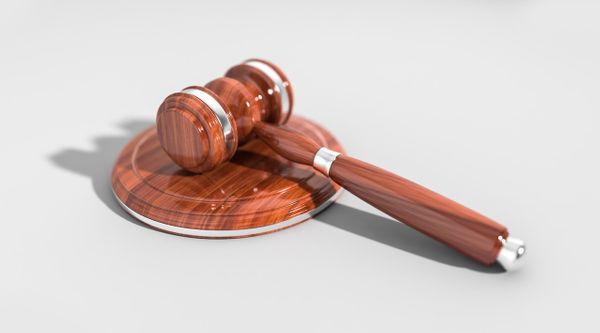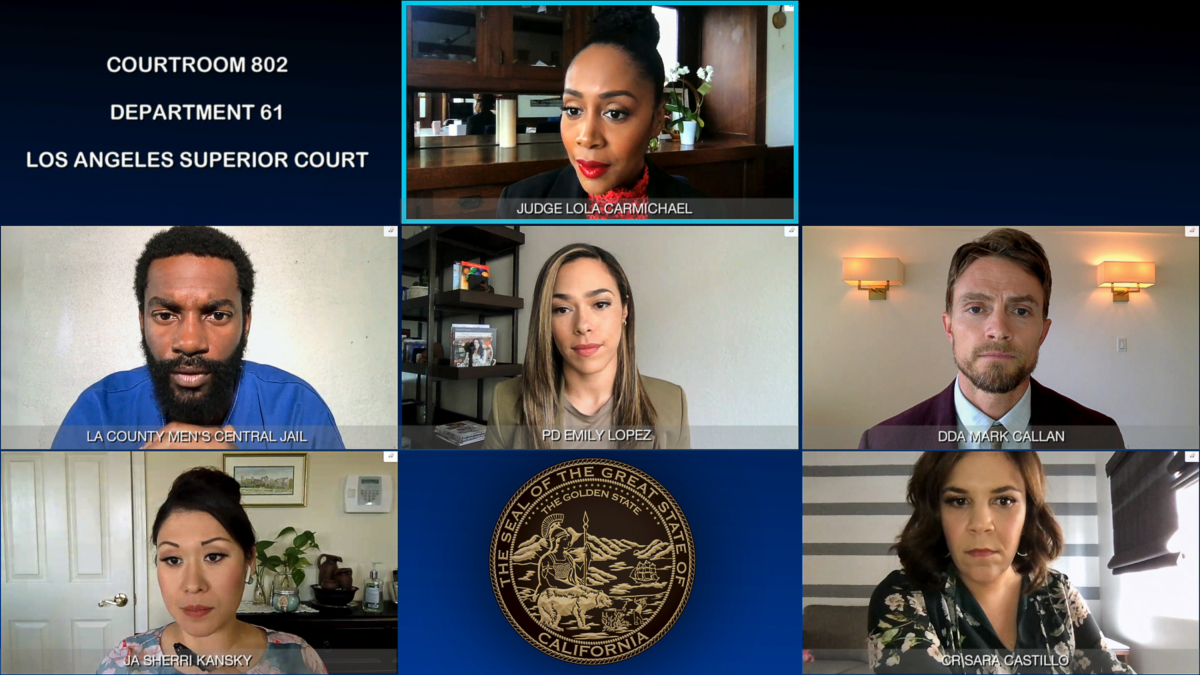Just How Court Reporting Enhances Accuracy in Legal Provider and Paperwork
Court reporting plays a vital function in making certain that lawful process are precisely documented, thus improving the general quality of lawful solutions. As the landscape of legal services develops, the ramifications of court coverage on accuracy and efficiency demand better expedition.
Duty of Court Reporters
Court reporters act as the crucial link in between talked dialogue and created transcripts, making certain the integrity of legal procedures. Their primary obligation is to precisely capture spoken words throughout court sessions, depositions, and other legal settings. Making use of specialized stenography equipment or digital recording technology, court reporters record the dialogue in real-time, offering a prompt and trusted account of occasions.
In enhancement to transcription, court press reporters should have a thorough understanding of lawful terminology and procedures to keep the accuracy and context of the information offered. They are trained to recognize nuances in speech, including tone and inflection, which can substantially impact the meaning of statement. This interest to information is vital for developing extensive records that can be referenced in future lawful matters.
Additionally, court press reporters are usually contacted to offer additional services, such as modifying transcripts and making sure compliance with lawful format criteria. Their duty prolongs past mere transcription; they are guardians of the judicial document, adding to the total transparency and liability of the legal system. Therefore, the professionalism and reliability and proficiency of court press reporters are extremely important in maintaining the precision and integrity of lawful documentation.
Importance of Verbatim Records
Verbatim records play an essential role in making certain the precision and integrity of legal procedures. These transcripts catch every talked word, consisting of nuances such as tone, inflection, and disturbances, offering a precise and full record of events. In legal contexts, where the risks are high and interpretations can differ, the requirement for a precise representation of dialogue and testament is paramount.
The value of verbatim transcripts extends beyond simple documents; they function as a crucial tool for attorneys in instance prep work, strategy solution, and appeals. By having an exact account of testaments and statements, lawyers can successfully analyze evidence and determine discrepancies. This degree of detail is essential in cross-examinations and in challenging the trustworthiness of witnesses.

Enhancing Lawful Documents
Although legal documents has typically counted on written records, the combination of advanced court reporting methods considerably boosts its precision and effectiveness. Court reporters make use of sophisticated modern technology, such as real-time transcription and digital recording, to record talked words with a high level of precision. This innovation minimizes the threat of mistakes that can occur in hand-operated note-taking, ensuring that the documents reflects the specific language used during legal proceedings.
Furthermore, court reporters are educated specialists who understand lawful terms and the nuances of courtroom discussion. Their knowledge allows them to create extensive records that are not just precise but likewise contextually appropriate. This enhanced paperwork functions as a trustworthy referral for lawyers, courts, and other attorneys, helping with far better understanding and analysis of the case handy.
Additionally, the capacity to quickly create and disseminate records supports timely decision-making, which is essential in lawful contexts. By streamlining the documentation process, court coverage adds you can look here to a much more efficient and well organized lawful setting, inevitably causing enhanced functional efficiency within law practice and court systems alike. Video Conferencing. The function of court reporting in enhancing legal documentation can not be overstated.

Effect On Instance Outcomes
Accurate lawful paperwork considerably affects instance results, as the quality and precision of transcripts can establish just how evidence and testaments are analyzed. Court reporters play an essential duty in catching every word during legal proceedings, making certain that the nuances of each declaration are accurately videotaped. This accuracy is critical, as also minor disparities in records can result in misconceptions and misinterpretations that might adversely impact a case.
Additionally, a well-prepared records acts as a trusted reference for juries, courts, and attorneys, helping with educated decision-making. When parties rely upon accurate and clear documentation, the danger of appeals based on claimed inaccuracies lessens, advertising a smoother judicial procedure.
Furthermore, the immediacy of accessibility to accurate records allows lawyers to prepare a lot more properly for negotiations and trials. They can build engaging debates and determine essential evidence based upon trusted documents, thus boosting their possibilities of desirable outcomes.
Future of Court Coverage
As technology remains to progress, the future of court reporting is positioned for significant transformation, integrating advanced devices and methods that enhance efficiency and precision. The introduction of man-made knowledge and machine understanding is currently starting to shape the career, assuring to simplify transcription procedures and reduce turnaround times. Automated speech recognition systems can aid court press reporters by providing real-time transcription, permitting them to concentrate on critical aspects of the procedures.
Additionally, cloud-based platforms are facilitating simpler access to transcripts and lawful documents, enabling clients and attorneys to work together better. This change towards electronic remedies is not only enhancing availability yet also enhancing data safety and storage capabilities.
Additionally, the incorporation of virtual truth and augmented truth technologies might revolutionize court discussions, using immersive experiences that can help juries in understanding complicated evidence (Video Conferencing). As court reporting adapts to these modifications, professionals should embrace continuous training to remain ahead of technical innovations
Ultimately, the future of court reporting will certainly call for a balance in between standard skills and ingenious modern technologies, guaranteeing that the integrity of the legal procedure is maintained while improving overall effectiveness and precision in legal solutions.
Conclusion
In final thought, court coverage plays a crucial function in improving precision within legal solutions and paperwork. As improvements in technology proceed to advance, the future of court coverage assures even higher efficiency and precision in legal process.
Court reporting plays a critical function in making certain that legal proceedings are properly documented, consequently improving the overall high quality of legal solutions.Although legal documentation has actually generally counted on written documents, the integration of sophisticated court reporting techniques significantly improves its accuracy and efficiency. By simplifying the paperwork procedure, court coverage contributes to a more efficient Resources and organized legal setting, ultimately leading to improved operational performance within legislation firms and court systems alike. The duty of court reporting in boosting lawful documents anchor can not be overstated.
